A traditional company reaches for the niche – how Mäurer & Wirtz, with the acquisition of Classic Parfums and The Nose Behind, is changing the market for niche fragrances, Xerjoff, Casamorati, Pana Dora & Co., and redrawing the boundary between luxury and mass market.
The fragrance industry is once again facing a tectonic shift: Mäurer & Wirtz , one of Europe's most traditional perfume manufacturers, is acquiring the Frankfurt-based distribution companies Classic Parfums and The Nose Behind from Herbert Stricker . Officially, it is being described as a "strategic milestone," a partnership "on equal footing" that will combine expertise, create synergies, and drive the international expansion of the luxury and niche fragrance segment.
But on closer inspection, the question arises: Is this really a strengthening of niche culture – or the next step in its ultimate dilution ?
The new alliance: Family business meets fragrance distributor
Mäurer & Wirtz , previously known primarily for brands such as 4711 , s.Oliver , Baldessarini , and Tabac Original , aims to expand its portfolio upwards with this acquisition. The company is thus investing in a territory that has been considered "sacred" in recent years: the fragile, creative ecosystem of niche fragrances .
With Classic Parfums , you secure an experienced distributor who has successfully established brands such as Xerjoff , Casamorati , Pana Dora Sweden , Gritti , Widian , Clive Christian , and Thameen London in Germany over many years. The Nose Behind , Herbert Stricker 's second company, represents not only luxury brands but also its own fragrance lines – including Roberto Ugolini , inspired by Florence and artisanal shoemaking, as well as the eponymous brand The Nose Behind , which captures memories in perfume form.
For Stephan Kemen , CEO of Mäurer & Wirtz, the deal is a clear strategic move. The company aims to strengthen its position in the prestige and luxury sectors, leverage synergies, while simultaneously preserving the independence of the acquired properties. Herbert Stricker will remain managing director and is slated to lead operations for another three years. We'll have to wait and see if it actually lasts three years or if it comes to an end sooner.
All of this sounds like harmony, progress, and entrepreneurial courage. But appearances are deceiving, and anyone who has looked at the changes in what was once a cherished niche market knows what I mean.
From niche to norm – the same old story.
Classic Parfums has significantly shaped the niche market in German-speaking countries – and simultaneously demystified it. What was once considered selective, hand-picked, and exclusive has increasingly become a high-volume business model. Brands that originally thrived on individuality suddenly found themselves on every well-stocked perfume shelf.
What began as a niche fragrance became a sales strategy: The scents of Casamorati , Pana Dora , Gritti , and Xerjoff were at times available in so many retail outlets that the term "selective distribution" lost its meaning. One almost got the impression that Classic Parfums was selling to every "milk can that wasn't quickly enough back in the barn ."
This is precisely the irony of the new alliance: when Mäurer & Wirtz promises to protect the independence and prestige of these brands, they are taking over a system that has long since eroded these values itself. And perhaps – let's be honest – not much will actually change.
Prestige in a mass market coat
The industry has grown accustomed to such movements. Luxury brands are absorbed by corporations, concepts are standardized, and marketing replaces passion. Beneath the surface, a new kind of "niche" is emerging: industrially produced exclusivity, curated illusion instead of genuine curation.
When Mäurer & Wirtz combines the production and distribution power of a large company with the sales logic of Classic Parfums, a structure emerges that can bring both stability and uniformity. For consumers, this may initially be convenient – finally, the same "luxurious niche fragrances" everywhere, available at the touch of a button.
But for collectors, connoisseurs, and fragrance lovers who seek the unique , the handcrafted , the honest, unembellished perfume, this is not progress. It is the end of an era in which fragrance was still a cultural experience – not a calculable product.
The Stricker brand: between passion and commerce
Herbert Stricker is undoubtedly considered one of the pioneers of niche fragrances in German-speaking countries. His flair for brands, his relationships with international houses, and his ability to convey fragrance culture are legendary. But today, Herbert Stricker's name also stands for a development that has taken on a life of its own: growth at any cost, regardless of the consequences. Regardless of what or who is left behind.

With Classic Parfums , he created a platform that made small manufacturers successful – and simultaneously pushed them into the mainstream. With The Nose Behind and Roberto Ugolini , he demonstrated that he is also a creative force, not just a retailer. But now, with his integration into a large corporation, he is going from being an independent entrepreneur to part of a system that has long since homogenized the industry.
The question is: Can Stricker really remain who he was – a curator, not a salesman – in this new constellation?
Mäurer & Wirtz: A traditional company in transition
For Mäurer & Wirtz itself, this step is a logical one. After decades in the mass market, the company is seeking to enhance its image. The group is financially sound, but its brand portfolio is aging – it needs new impetus, younger target groups, and international prestige.
With this acquisition, Mäurer & Wirtz is entering a world where emotion, fragrance artistry, and selective distribution are paramount – values that have previously been barely ingrained in the company's DNA. The challenge will be to learn authenticity without imitating it.
What does this mean for fragrance culture?
For niche brands, the deal means one thing above all: even greater consolidation. Fewer independent distributors, fewer genuine curators, more corporate thinking. If brands like Pana Dora or Casamorati soon use the same logistics network as 4711, it will become difficult to distinguish between craftsmanship and calculated strategy.
At the same time, a new "democratization" of luxury is looming: when fragrances that were once insider tips become widely available, the term "niche perfume" loses its meaning. Then only marketing language remains, not the substance that once underpinned it.
But nothing is decided yet. Perhaps Mäurer & Wirtz and Stricker will indeed succeed in creating a new balance – between scale and soul, between prestige and credibility. Perhaps a model will emerge here that shows that size and spirit need not be mutually exclusive.
But until then, skepticism remains warranted. Because in an industry that reeks of individuality, conformity is the greatest enemy.
The other side of the niche – where fragrance still has soul.
While corporations merge brands and optimize distribution chains, something else is emerging that preserves the true essence of perfumery: the lovingly curated selection of independent fragrance culture – as exemplified by scent amor . Here, it's not about scaling, but about soul. Not about market share, but about moments that last.
In a time when terms like "niche" or "luxury" are used excessively, scent amor adheres to its original meaning: fragrance as an expression of personality, craftsmanship, and attitude. Each fragrance is not simply listed there, but selected, tested, and experienced. Georg R. Wuchsa , curator and founder of scent amor, has a trained eye for recognizing those compositions that are more than just olfactory trends—perfumes that tell stories, evoke emotions, and possess character.

Whether niche fragrance , unisex perfume , women's fragrance , or men's fragrance – scent amor understands every creation as a cultural statement. Here, fragrances aren't sold, but rather shared. Consultation, knowledge, and intuition go hand in hand. Anyone who has experienced Georg R. Wuchsa explaining the subtle differences between artisanal precision, molecular balance, and artistic expression understands: niche isn't a market segment, but an attitude.
At scent amor, the art of fragrance isn't mass-produced, but transformed into an encounter. It's a quiet counter-movement to industrial standardization – a place where one can rediscover what perfume should truly be: a bridge between craftsmanship and heart.
So, if you want to know what remains when corporations reorganize the fragrance world, you'll find the answer here: Scent Amor is where the true niche lives – hand-picked, independent, uncompromisingly beautiful.
FAQ regarding the acquisition of Mäurer & Wirtz, Classic Parfums & The Nose Behind
What does the acquisition mean for the brands Casamorati, Pana Dora, Xerjoff & Co.?
These brands will remain distributed by Classic Parfums, which will operate under the Mäurer & Wirtz umbrella in the future. It is expected that they will continue to be offered – but with broader market coverage. This could lead to increased visibility, but also to a dilution of exclusivity.
Will Classic Parfums and The Nose Behind continue to operate independently?
Officially, yes. Both companies are to retain their identity and operational independence. Whether this is practical in the long term depends on how much influence Mäurer & Wirtz exerts on strategy, purchasing, and distribution.
What could change for niche perfume buyers?
In the short term, little is likely to change: availability and product range will remain stable, possibly even expanded. In the long term, however, there could be more uniform pricing models, centralized distribution, and a loss of selective sales structures.
Will this turn the classic niche perfume into a mass-market product?
This danger exists. When brands like Casamorati or Pana Dora are available in the same channels as conventional premium perfumes, the line between niche and mainstream blurs – a trend that many fragrance connoisseurs view critically.
What role will Herbert Stricker play in the future?
Stricker will remain managing director for three years and is tasked with overseeing the integration process. Whether he will continue to exert a significant influence as a creative force or merely assume representative duties remains to be seen. His experience will be invaluable – but the entrepreneurial landscape is becoming more competitive.
What is Scent Amor's stance on this development?
At scent amor, we follow developments with keen interest – and critical distance. We believe in true fragrance culture, curated selection, and honest compositions. As the industry moves towards mass distribution, the role of independent fragrance platforms becomes all the more important: to preserve diversity, protect depth, and keep authenticity visible.
Copyright by scent amor © 2025 (grw)
More articles on the scent news blog by scent amor:
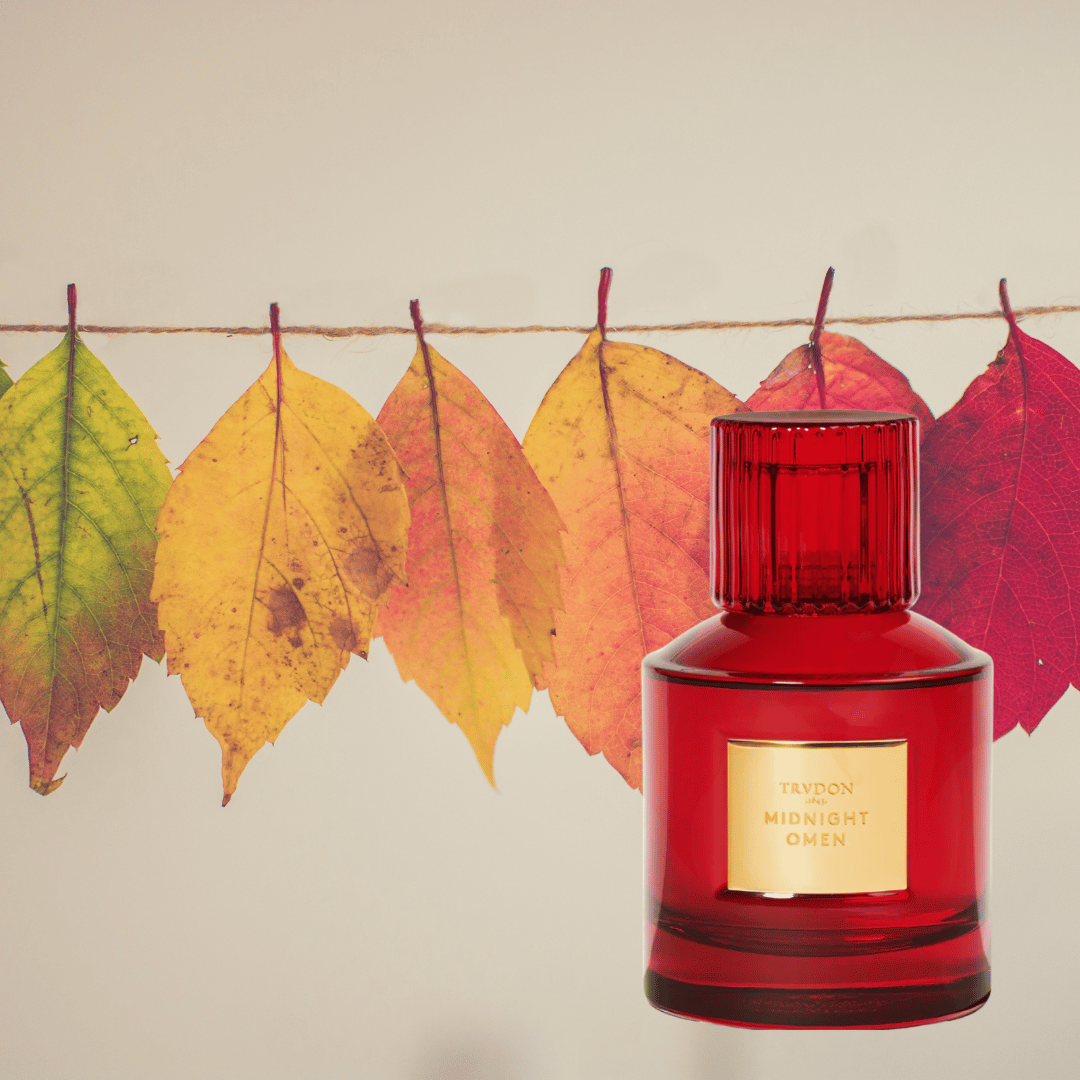
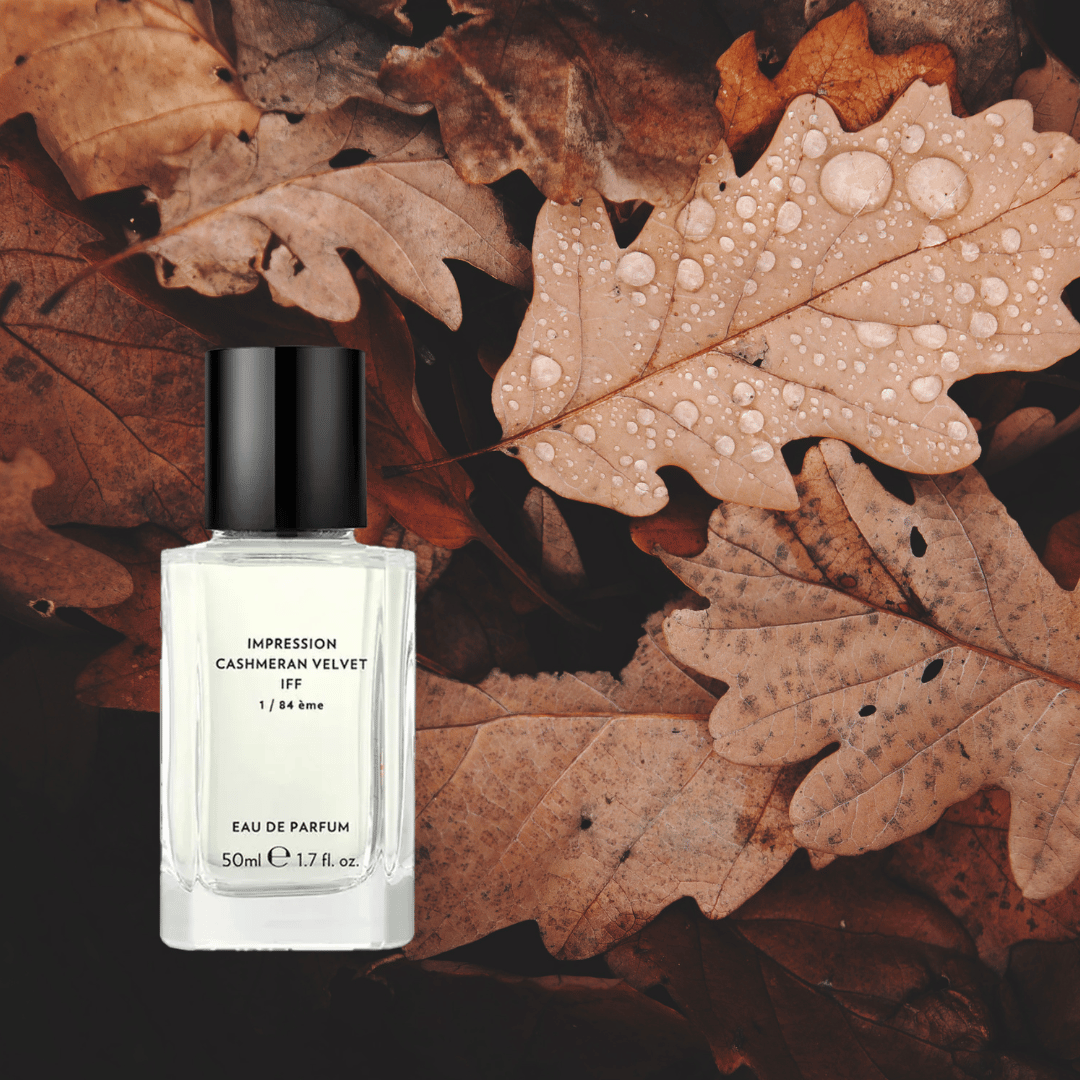

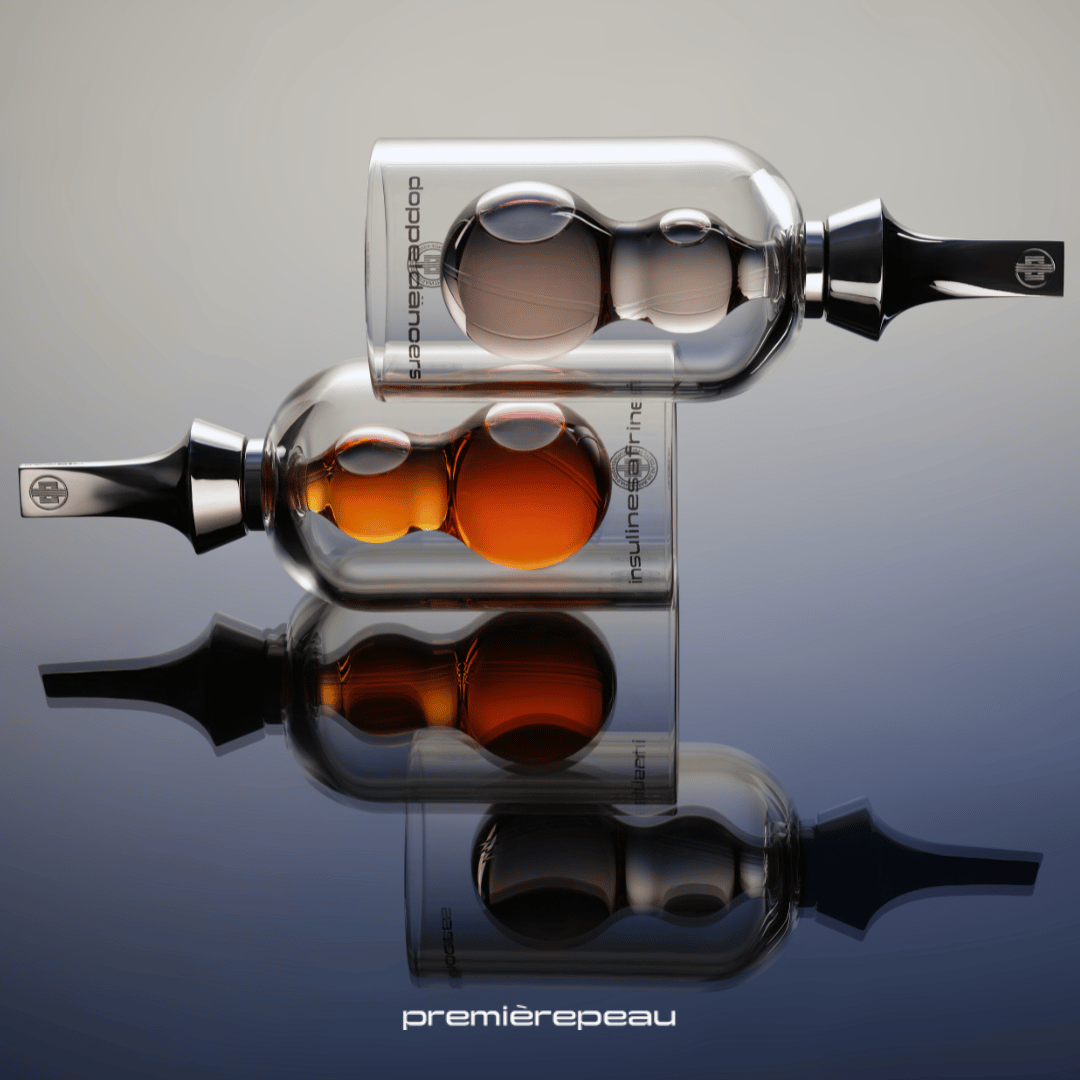
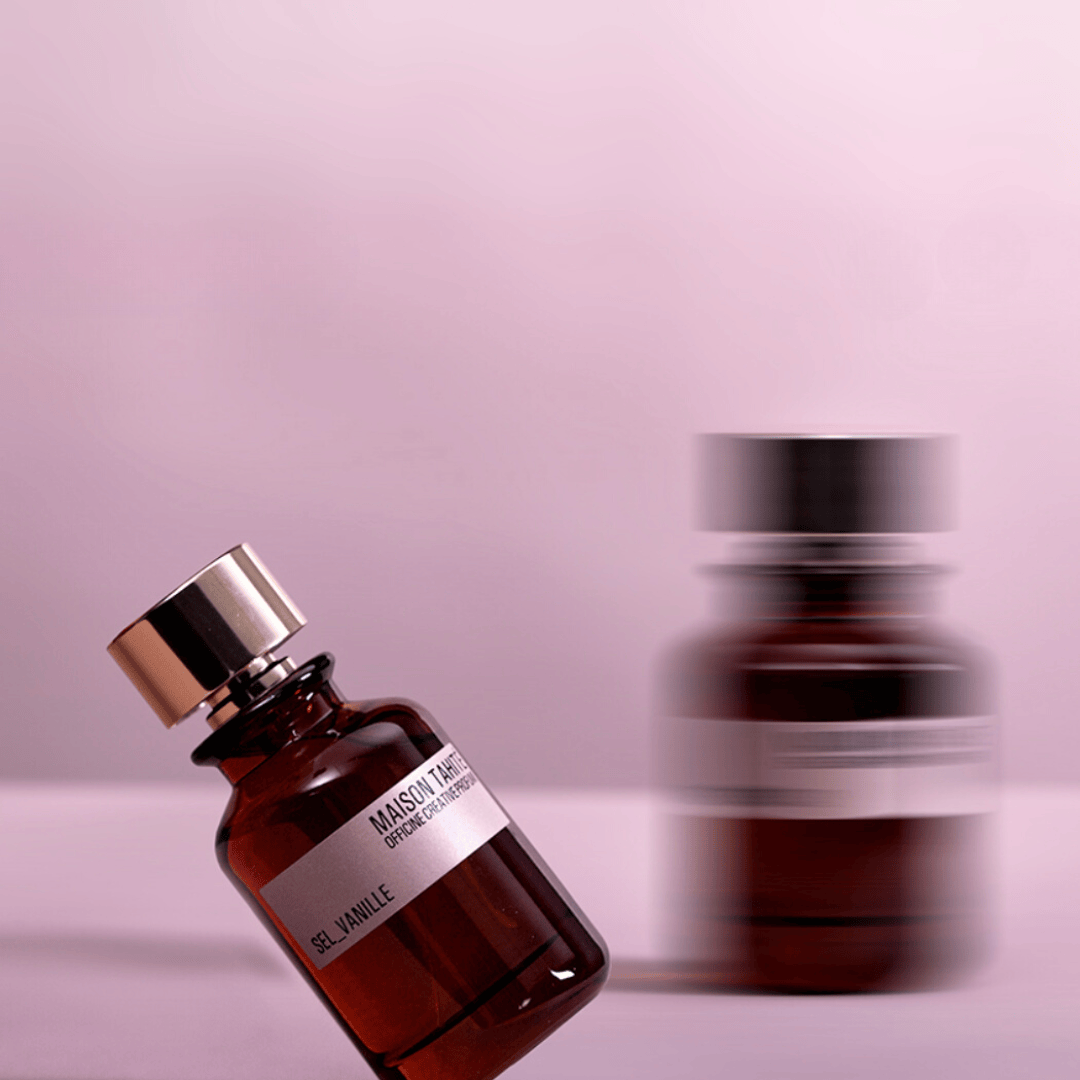
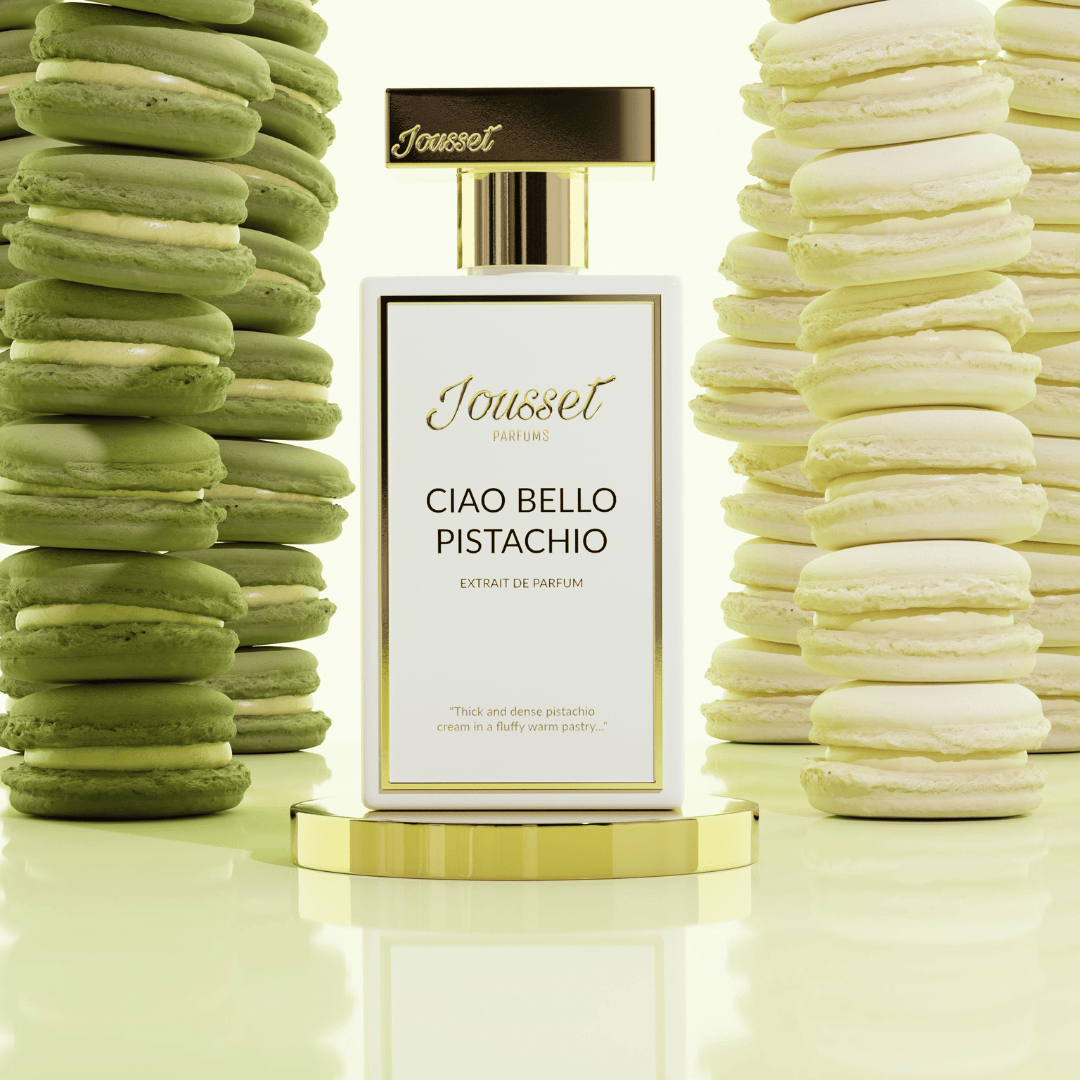
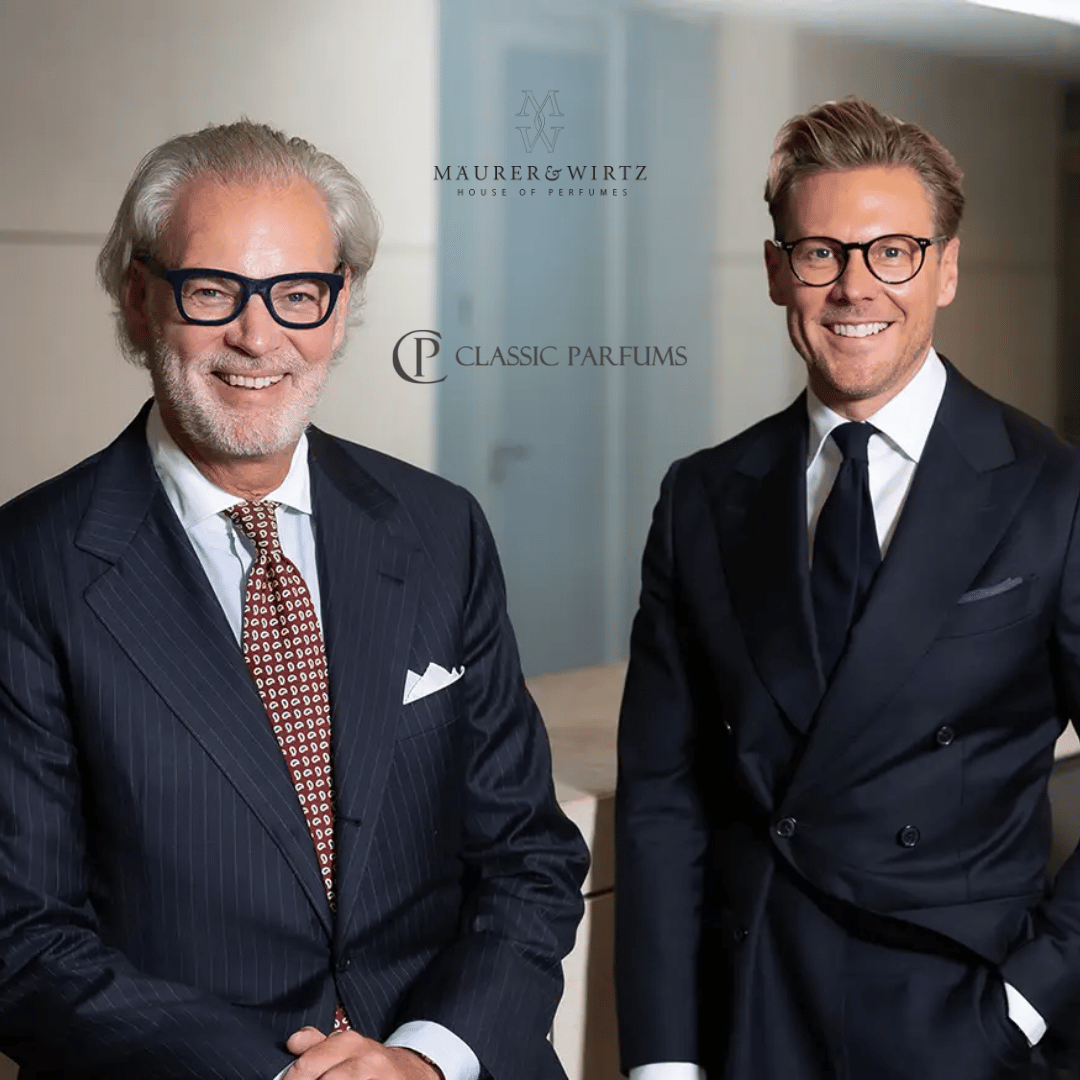
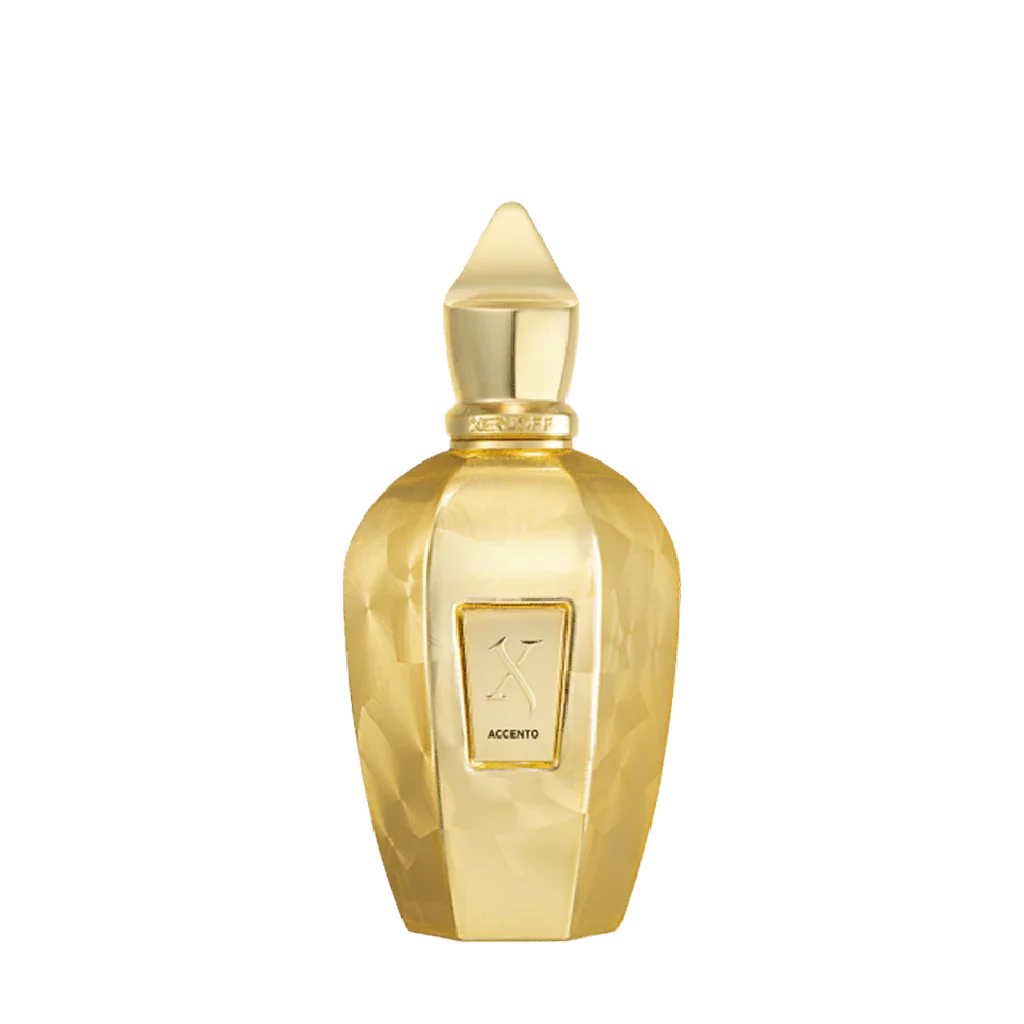
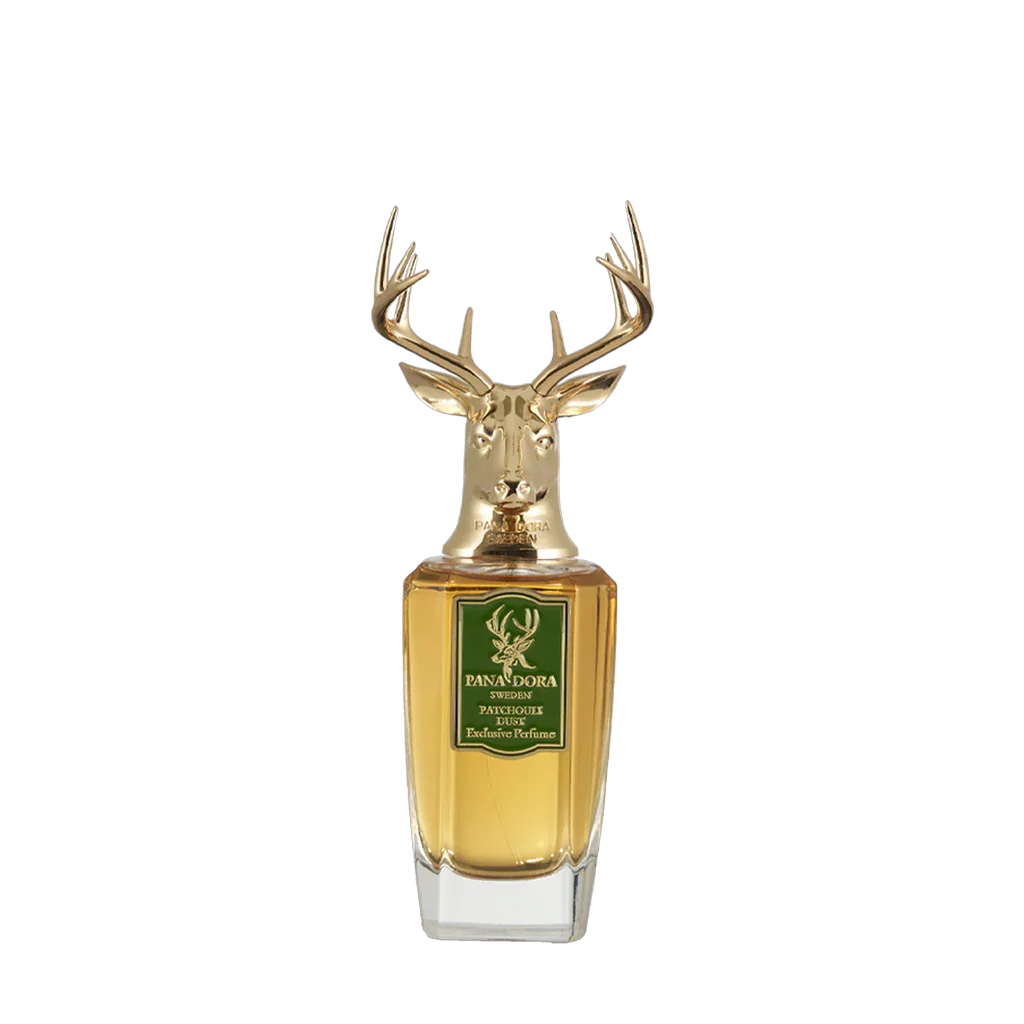
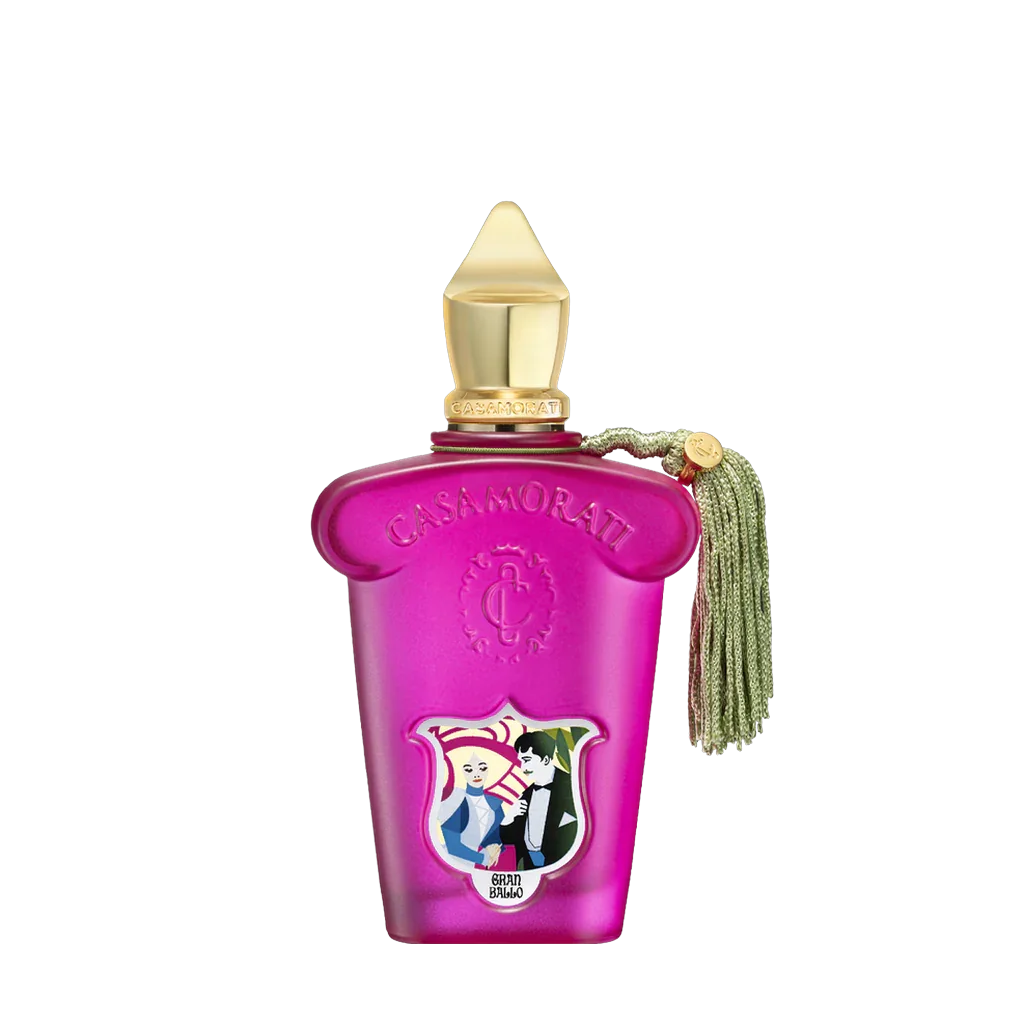
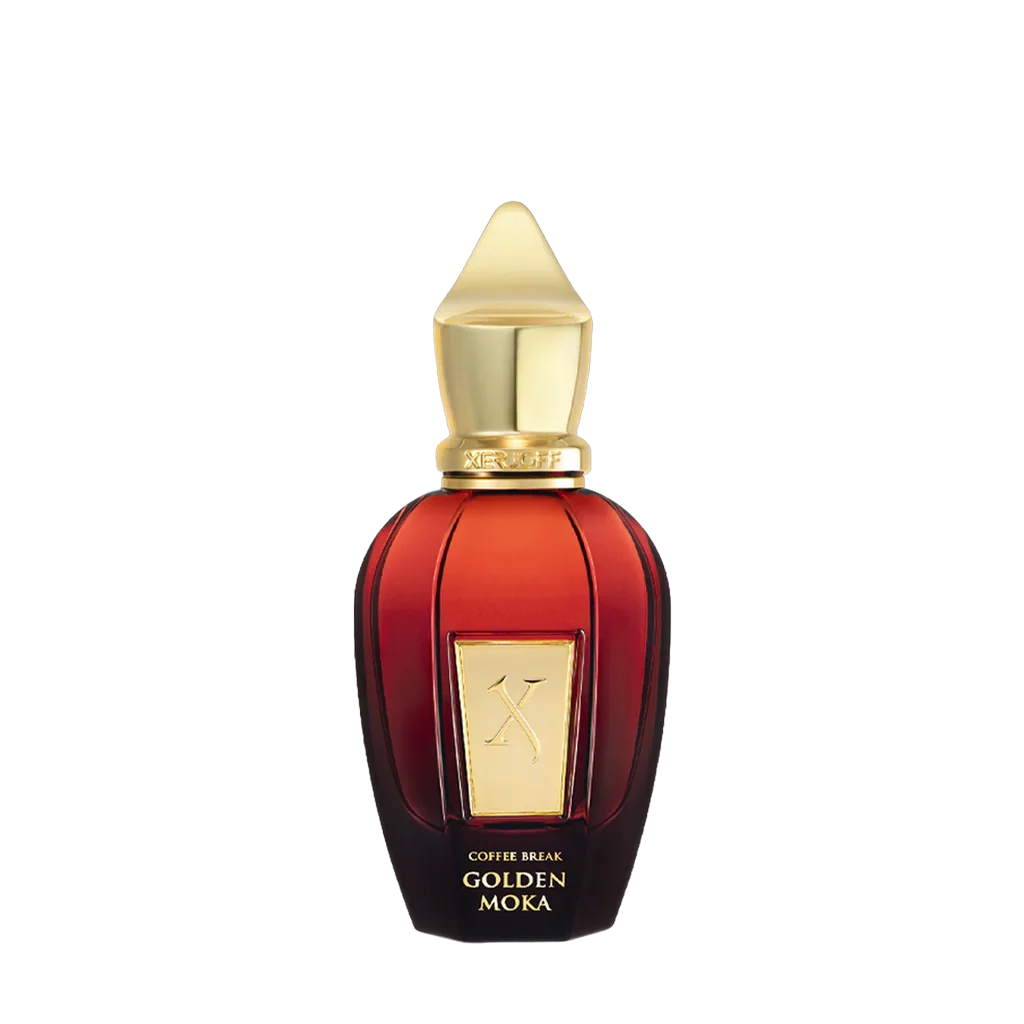
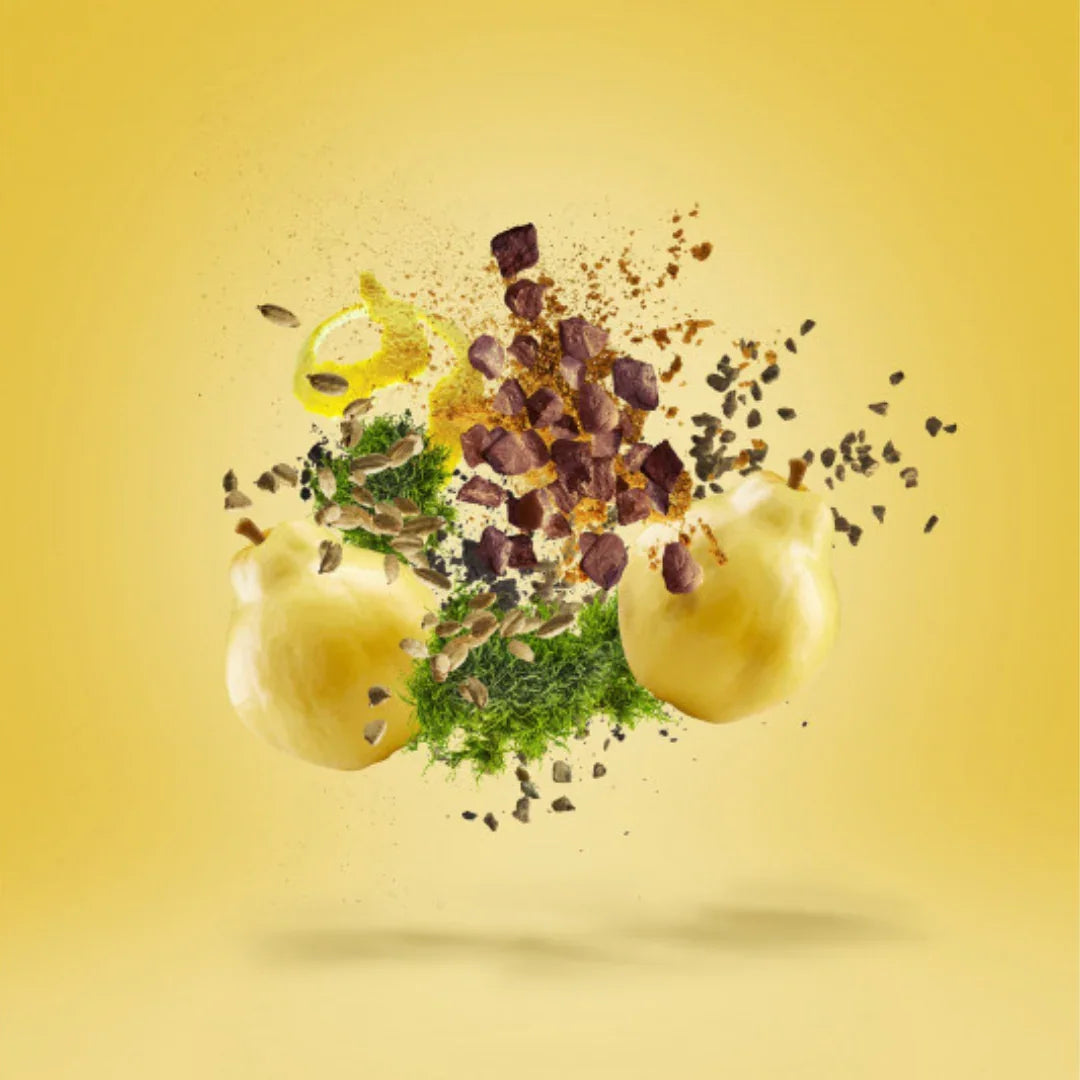
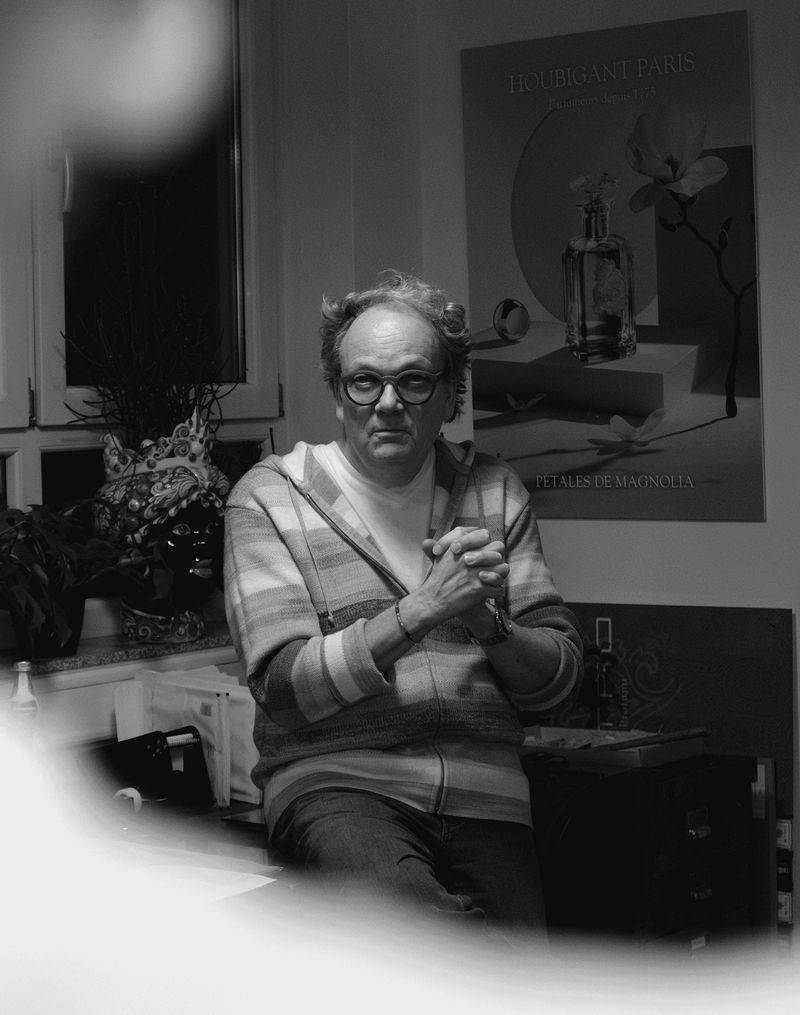

Leave a comment
All comments are moderated before being published.